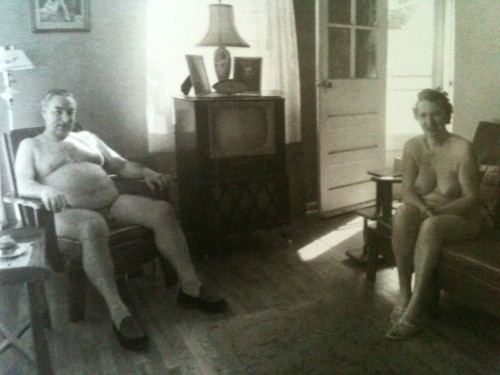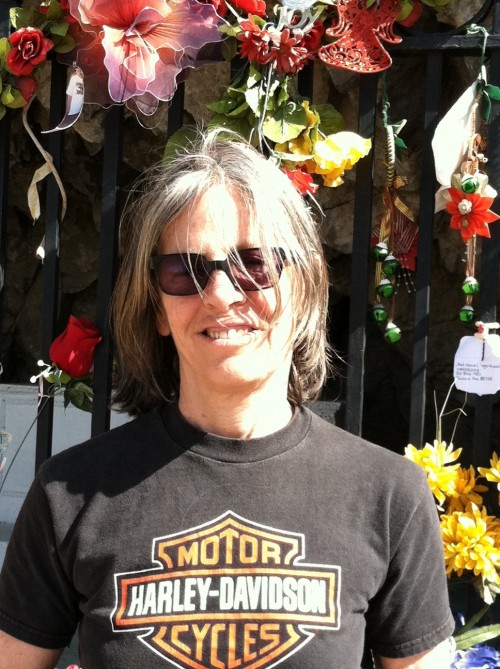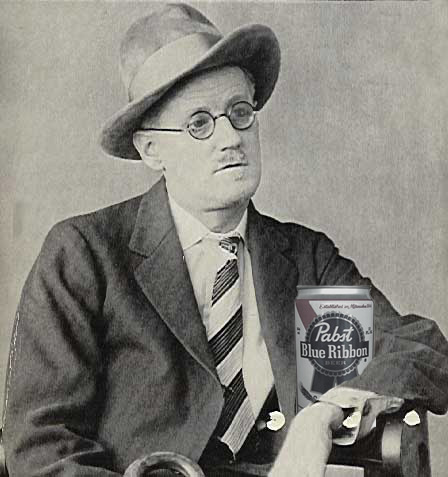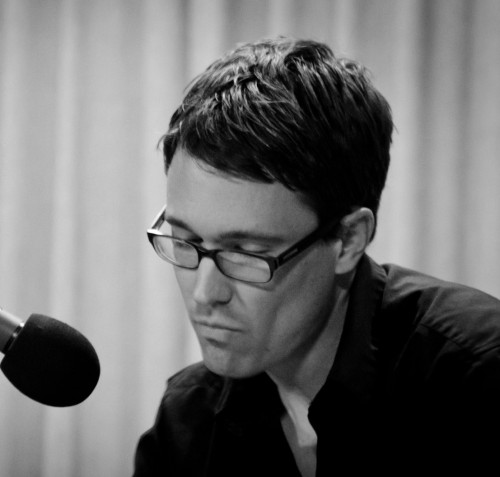Some Notes on Kate Bernheimer’s Complete Tales Trilogy
 Kate Bernheimer’s Complete Tales of the Gold sisters is a a trilogy of novels published over a ten year period. It is also part of a broader project, a life’s work, that includes not only the practice of reviving and revivifying the fairy tale, but also the tasks of developing a contemporary theory of the fairy tale, of identifying the ongoing subterranean influence of the fairy tale upon the work of writers not ordinarily associated with the fairy tale, and of championing and legitimizing and de-ghettoizing the fairy tale as a literary form.
Kate Bernheimer’s Complete Tales of the Gold sisters is a a trilogy of novels published over a ten year period. It is also part of a broader project, a life’s work, that includes not only the practice of reviving and revivifying the fairy tale, but also the tasks of developing a contemporary theory of the fairy tale, of identifying the ongoing subterranean influence of the fairy tale upon the work of writers not ordinarily associated with the fairy tale, and of championing and legitimizing and de-ghettoizing the fairy tale as a literary form.
Bernheimer is probably better known in her critical and editorial roles than as a writer. Her Penguin-published anthology My Mother She Killed Me, My Father He Ate Me: Forty New Fairy Tales (co-edited with Carmen Gimenez-Smith), which includes fairy tales by the likes of Kelly Link, John Updike, Neil Gaiman, Lily Hoang, Michael Cunningham, Kevin Brockmeier, Joy Williams, and Ludmilla Petrushevskaya, is the most prominent of these efforts. In her introduction, Bernheimer invokes a line of Nabokov’s: “All great novels are fairy tales.” Then she makes a broader claim: “all great narratives are fairy tales . . . READ MORE >
A Few Notes on The Necropastoral by Joyelle McSweeney
 The Necropastoral is a chapbook by Joyelle McSweeney. It proceeds in five parts. First, “Necropastoral, or, Normal Love,” an essay that sets out McSweeney’s idea of the Necropastoral by examining Jack Smith’s film Normal Love. Second, a series of poems, all titled “King Prion,” which may be read as individual poems, as a cumulative poem, or as parts of a longer poem which isn’t present in its entirety. Third, “Arcadia, or, Anachronism: A Necropastoral Effigy,” an essay or possibly a story in the form of a list which is also in the form of an effigy. Fourth, “Infernal Tributaries of the Necropastoral,” which is an acknowledgements section that we might also read as a deletion of the boundaries of the chapbook. Fifth, ten blank white pages. There are also pages between sections illustrated by black-and-white collage.
The Necropastoral is a chapbook by Joyelle McSweeney. It proceeds in five parts. First, “Necropastoral, or, Normal Love,” an essay that sets out McSweeney’s idea of the Necropastoral by examining Jack Smith’s film Normal Love. Second, a series of poems, all titled “King Prion,” which may be read as individual poems, as a cumulative poem, or as parts of a longer poem which isn’t present in its entirety. Third, “Arcadia, or, Anachronism: A Necropastoral Effigy,” an essay or possibly a story in the form of a list which is also in the form of an effigy. Fourth, “Infernal Tributaries of the Necropastoral,” which is an acknowledgements section that we might also read as a deletion of the boundaries of the chapbook. Fifth, ten blank white pages. There are also pages between sections illustrated by black-and-white collage.
The task of the first paragraph of these notes was to describe the contents of the chapbook, but already the reviewer has had some trouble, because questions of genre and form and the place of each section have been blurred in a manner that requires the reader to rethink each how each element works and what each element is.
For starters: The chapbook form. What is a chapbook? READ MORE >
white elephants and vibrators and teeth into necks–books
For his birthday, I gave my father The Pale King. I thought he would glow because he has and always has read daily and he spent his entire life as an IRS accountant and who writes IRS books? He blarred the book. He said, “Sean, this book has no fucking paragraphs. It is chugged full of shit. I’m not reading it.” I said something like, “Uh, books can be good without paragraphs…” Anyway, fuck it. I can’t comment that book, have not read it (might). Can we talk about books as presents? They are sort of awkward. They are the giver and the given. The dancer and the dance. Yes? Like I know right now at least 20 poets who were given The Top 500 Poems (this book is a fucking perpetual barbed wire necklace of albatross dung to poets; I know poets who have 7 copies, like aunt, aunt, mom, bewildered boyfriend, aunt, dog-walker, step-mom; I know people who have like a side Ebay business off this one book), just because their friends/relatives were baffled about 1.) What the fuck is a poet? 2.) What would you give such a person?
I guess my point is can we talk books as gifts? Ones you gave that worked versus backfired? Stories? A guy, a girl, an intern (Leaves of Ass, cough, Grass, anyone?) Ones you have received? Drop us some horror tales, I know you have them. Oh, you’re a “writer,” here’s your 14th “arty” notebook. Moleskin? The bible? Top 500 poems? To sum this up, and to add a structural detail [writer/readers, this is called the loop–you end on a beginning anecdote] that no one really cares about (sorry), I just today sent my dad a portable, collapsible fishing rod (you can take it anywhere!) for Sunday, Father’s Day. He’s going to open it. He’s going to grunt. He’s going to hate it.
What is Experimental Literature? {Five Questions: Eileen Myles}
Eileen Myles was born in Boston in 1949, attended catholic schools in Arlington, Mass. and graduated from UMass (Boston) in 1971. She came to New York in 1974 to be a poet. She’s the author of eleven books of poetry, fiction, and nonfiction, the most recent of which is Inferno: A Poet’s Novel (O/R Books).
two things (just links really)

1) Pop Serial 2 will be online in its entirety this Thursday and is being occasioned with a reading in Chicago (also Thursday) hosted in conjunction with (everybody’s favorite) New Wave Vomit.
2) The Paris-based journal Her Royal Majesty has coolly redesigned their website and started an internationally-minded lit blog. Excited to see where this goes.
I am drinking gin & wrote about 7 songs as they came up on random in my itunes while they played until they ended part 2
“Dust Switch,” Squarepusher, Music is Rotted One Note
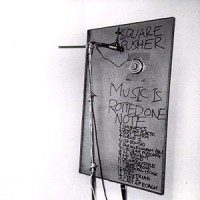 I always wished there was a stairwell in my bedroom and I never had one, you see those movies with the rooms that have the stairwells that spiral up into somewhere else, like that room in the second half of Geronimo Rex that ends the book and the weird passage of bodies through it. I spread out on the grass beside Barry Hannah’s grave last week, I rolled my back against the ground until I could see the sky behind me and the buildings there upside down, there was this yellow-lighted building where there was a party that was hanging out of the earth toward that and it was like being pressed against something in reverse gravity and I wanted to stick there but people were talking and it scrambled something like the bass in here. I always wished I could play drums but I am not a drummer-person, drummers are made out of different kind of human scrap, all drummers seem to me like they aren’t going to age at all and one day they’ll just die. This song’s ok but it really just makes me want to listen to Bitches Brew. The key tone in here is pretty nice, reminds me of crystals
I always wished there was a stairwell in my bedroom and I never had one, you see those movies with the rooms that have the stairwells that spiral up into somewhere else, like that room in the second half of Geronimo Rex that ends the book and the weird passage of bodies through it. I spread out on the grass beside Barry Hannah’s grave last week, I rolled my back against the ground until I could see the sky behind me and the buildings there upside down, there was this yellow-lighted building where there was a party that was hanging out of the earth toward that and it was like being pressed against something in reverse gravity and I wanted to stick there but people were talking and it scrambled something like the bass in here. I always wished I could play drums but I am not a drummer-person, drummers are made out of different kind of human scrap, all drummers seem to me like they aren’t going to age at all and one day they’ll just die. This song’s ok but it really just makes me want to listen to Bitches Brew. The key tone in here is pretty nice, reminds me of crystals
“W,” Codeine, Barely Real
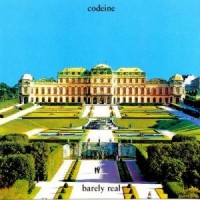 More keys in here, it’s like the keys in the other shut the fuck up and became the keys in this song. I wonder if you had all the songs ever written you could put them in a logical order that would just be another thing, I wonder if the length of all the songs ever written is longer than the amount of time people have been playing music, seems like yes but maybe not, when do people go to sleep, how many songs are being written right now. I don’t like this song at all really, well I guess sort of but it doesn’t song like what I remember Codeine sounding like though it’s been a long time since I pulled them up, I like those songs on albums that you skip when you are originally listening to the album a lot because you like that one song less and then later that song suddenly reappears and seems so new in the context of the others, and you can listen to it in a different way than the whole album, I’m thinking mainly of the “The Good Thing” by Talking Heads because I always hated that song until one day I didn’t. This piano part now is really getting irritating. I’ll take a sip of this drink. There’s some limeade in it which I discovered this week having in my fridge improves my life by a good 8-11%. I wish I could look up right now and see someone I didn’t expect to be here sitting in my house, it could be anybody, as long as they were supposed to be elsewhere. Will the internet let you do that one day, I hope not. Fuck a stairwell I want rope.
More keys in here, it’s like the keys in the other shut the fuck up and became the keys in this song. I wonder if you had all the songs ever written you could put them in a logical order that would just be another thing, I wonder if the length of all the songs ever written is longer than the amount of time people have been playing music, seems like yes but maybe not, when do people go to sleep, how many songs are being written right now. I don’t like this song at all really, well I guess sort of but it doesn’t song like what I remember Codeine sounding like though it’s been a long time since I pulled them up, I like those songs on albums that you skip when you are originally listening to the album a lot because you like that one song less and then later that song suddenly reappears and seems so new in the context of the others, and you can listen to it in a different way than the whole album, I’m thinking mainly of the “The Good Thing” by Talking Heads because I always hated that song until one day I didn’t. This piano part now is really getting irritating. I’ll take a sip of this drink. There’s some limeade in it which I discovered this week having in my fridge improves my life by a good 8-11%. I wish I could look up right now and see someone I didn’t expect to be here sitting in my house, it could be anybody, as long as they were supposed to be elsewhere. Will the internet let you do that one day, I hope not. Fuck a stairwell I want rope.
Book and Beer: Pabst Blue Ribbon and Tongue Party
Whether corporeal or euphemism or just name for a Tuesday evening out with some new friends, Tongue Party is something you would want to attend. It is also a book by Sarah Rose Etter. It is the winner of the 2010 Caketrain Chapbook Competition. To glow this award is a good thing, and when Deb Olin Underth is the judge, I’d go ahead and say great thing. Also has anyone else noticed Caketrain’s chapbooks look and feel better than a lot of people’s book books? Just saying.
Pabst Blue Ribbon is a beer from Los Angeles. Los Angeles is a town where people will stab you in the back as you are climbing a ladder. PBR has a taste sort of like rain, rain gutter, corn and a hint of pale malted irony. Develops a bit of a yeast flavor as it warms. What is irony? I’m not totally sure but Kenneth Rexroth’s third wife left him for their marriage counselor. Bon Jovi plays the radio. A bird hunter pal of mine asked a bird watching pal of mine for advice on binoculars. In the last 5 years PBR has ironically doubled in price. Etc.
I was wondering if Sarah Rose Etter was being ironic in her opening of the first story, Koala Tide, as she seemed to mimic certain Hemingway devices, especially the use of the word “very.”
“The sun was very big and very hot that day.”
“The sky was very blue.”
“Fred wore blue swim trunks and had a very hairy chest.”
But then Etter took us away from this tone, spun us into something detached, this Koala Tide, tide of actual Koalas or again a euphemism or local jargon or objective correlative or perceptive lens of a child during that age, that Bildungsromanian blur, where childhood bleeds [emphasis on bleeds] into adulthood, where pain is introduced as possibility, where we learn not only are adults not Gods, they are slow, aging, stupid, stumbling sub-gods, mumbling who-knows-what into their lipsticked cans of warming beer? This story is evocative and disturbing and badass. You can read it here, and should.

